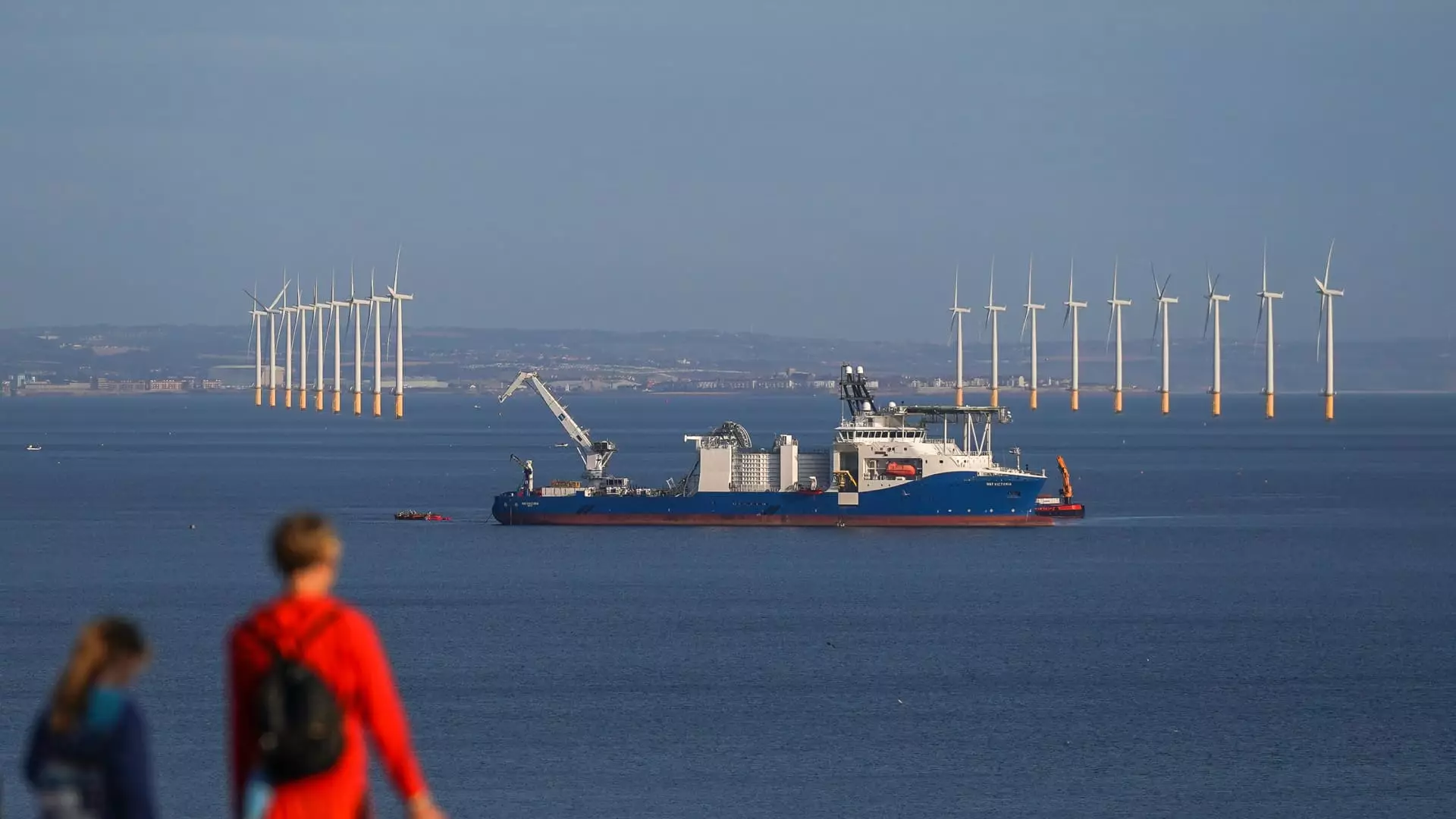The North Sea has long been a focal point in the energy discourse surrounding the United Kingdom, particularly in light of the recent remarks by U.S. President-elect Donald Trump. By asserting that Britain is making a “very big mistake” in its energy policy, Trump’s interventions have sparked a renewed discussion on energy taxation and production strategies in the region. His call to “open up” the North Sea and eliminate wind projects highlights a clash of ideologies regarding energy production versus sustainability as countries navigate the pressing challenges posed by climate change.
Trump’s comments stemmed from a report announcing APA Corporation’s Apache unit’s decision to cease operations in the North Sea by 2029 due to an increased financial burden attributed to Britain’s windfall tax policy—officially termed the Energy Profits Levy (EPL). This levy applies a higher tax rate to North Sea oil and gas producers, raising it from 35% to 38% with an extended duration through March 2030. The intent behind such taxation is to generate funds towards transitioning Britain away from fossil fuels, thereby promoting energy independence while addressing climate concerns.
The Labour Party’s decision to enhance the windfall tax policy reflects a growing commitment to shielding the environment and investing in renewable energy sources. While Trump advocates for increased traditional drilling and production, British officials must carefully balance economic benefits gained from fossil fuel production against their broader climate objectives. This dichotomy raises questions about the feasibility and sustainability of both approaches, with heavy reliance on fossil fuels arguably countering long-term environmental initiatives.
Despite the criticisms leveled by Trump, the North Sea is poised to become a cornerstone in Europe’s offshore wind energy sector. Several nations, including the U.K., are looking to this region as a key component in their transition to renewable energy. The wind sector has faced challenges, namely escalating costs and supply chain issues, but policymakers believe that once these hurdles are overcome, the North Sea can efficiently provide a substantial percentage of Europe’s energy needs in a sustainable manner.
Looking ahead, the intersection of Trump’s critique and Britain’s energy policies raises broader questions about energy security and independence. As nations grapple with the dual realities of economic pressures and climate responsibilities, the North Sea must be strategically utilized. A shift toward sustainable practices may entail a significant transformation of traditional energy approaches, ultimately aiming to enhance Britain’s energy security while addressing environmental imperatives.
Trump’s intervention in the North Sea energy debate underscores the complexity and multifaceted nature of energy policy today. With competing interests—ranging from economic growth through fossil fuels to a dedicated focus on renewable energy—British policymakers have a challenging path ahead. As they move toward an ambitious future featuring greener energy solutions, the critical dialogue surrounding these choices will continue to evolve, reflecting the intricate balance between immediate economic benefits and long-term sustainability goals.


Leave a Reply